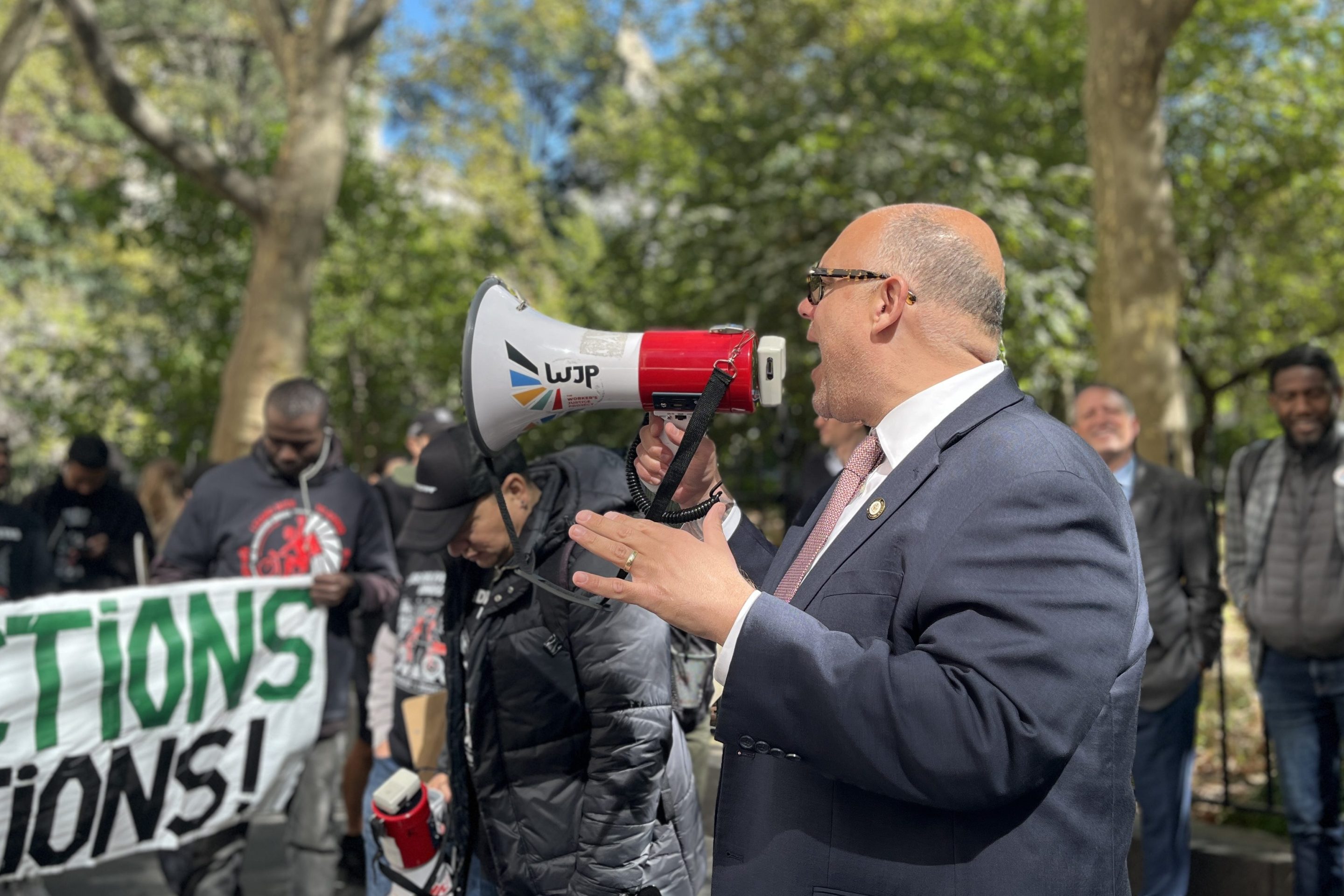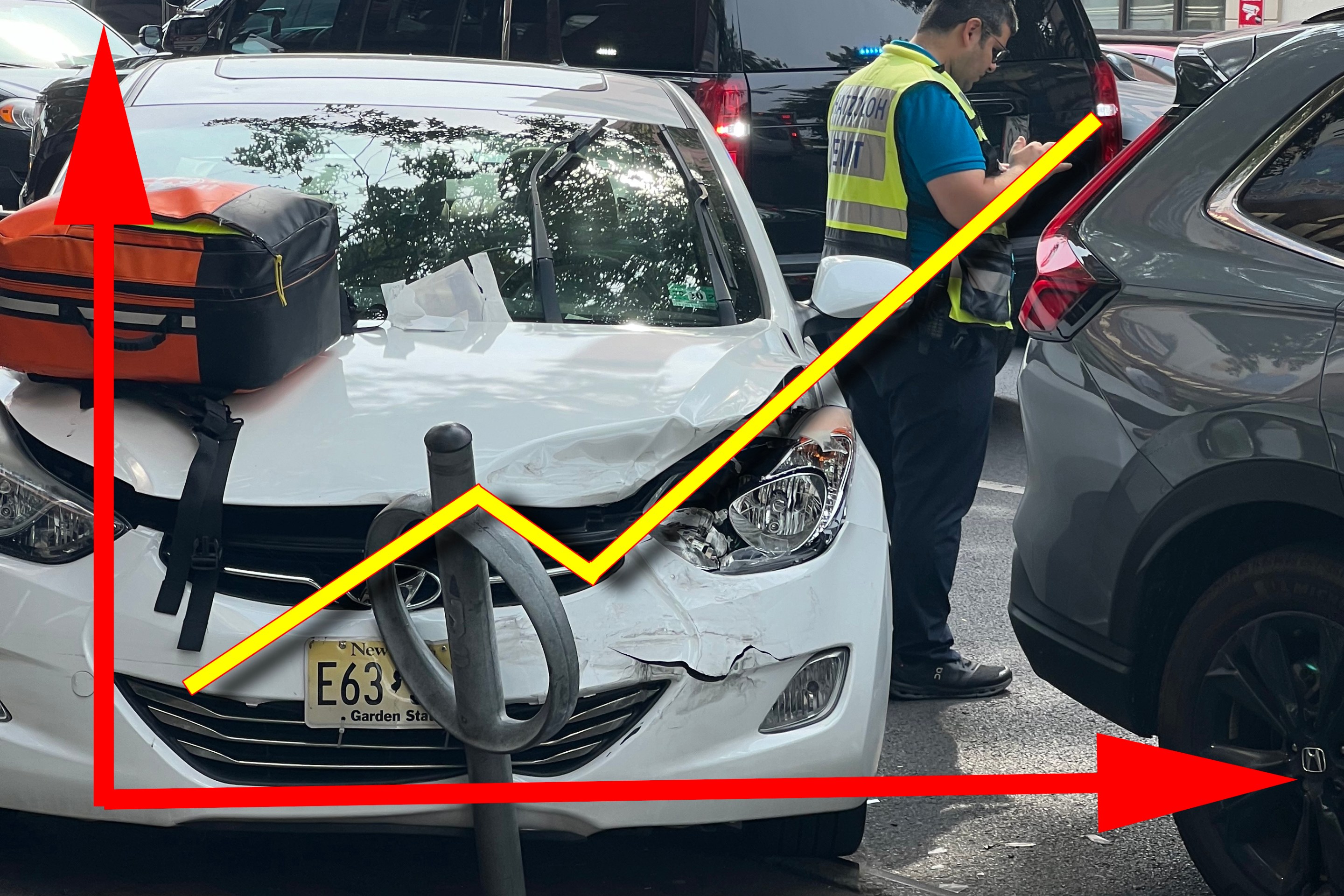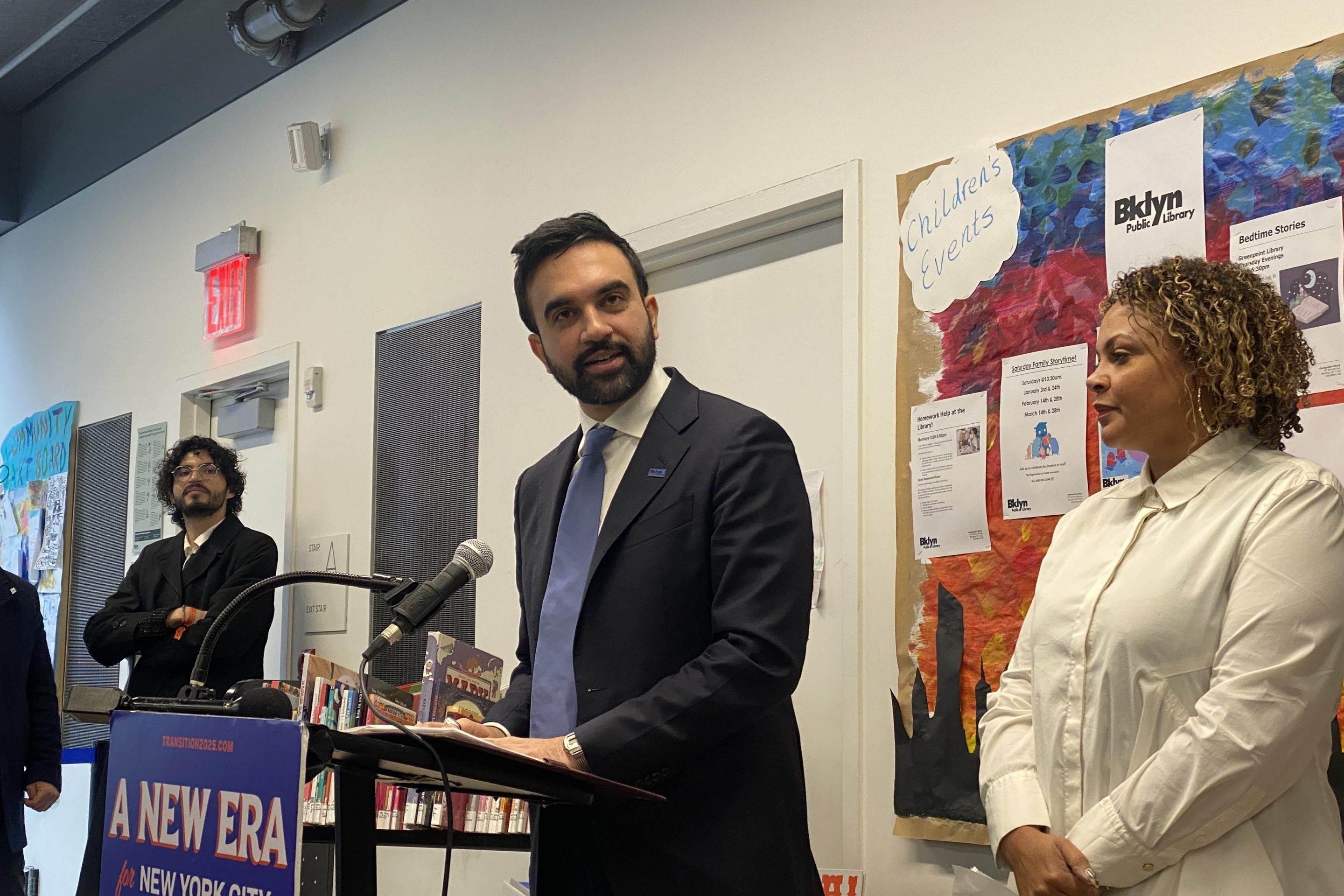City district attorneys and NYPD have reached an agreement that could speed the process of collecting blood evidence from drunk driving suspects who refuse to take breath tests.
 Leandra Rosado, 11, was killed last month when a car driven by Carmen Huertas crashed on the Henry Hudson Parkway.
Leandra Rosado, 11, was killed last month when a car driven by Carmen Huertas crashed on the Henry Hudson Parkway.The Times reported on Friday that the new procedures, brought about in the wake of recent pedestrian fatalities caused by off-duty NYPD personnel, may reduce the time it takes for officers to obtain a warrant by at least two hours, down from the current average of seven hours. According to the Times, officials are also discussing whether blood might be drawn by doctors or EMTs at locations other than hospitals.
Depending on what course those discussions take, such changes could hinge on approval from Albany. As we reported previously, prosecutors are already pushing legislation that would remove the requirement that a doctor be present to supervise blood withdrawals. Inexplicably, state lawmakers -- and Assembly Speaker Sheldon Silver in particular -- have a history of coddling drunk drivers, the latest example being the fight over "Leandra's Law," playing out at the capitol as of this writing.
While a truly comprehensive bill would aim to protect people of all ages whether or not they are in a car, one would think a measure to toughen penalties for DWI with children in the vehicle would fly to the governor's desk. Yet Silver has now attempted to water down two such measures. The original Leandra's Law would make it a felony to get behind the wheel with a BAC of .08 if passengers under the age of 16 are present. Assembly Dems want to raise the felony BAC level to .18, more than twice the legal limit for driving. Carmen Huertas, the driver in the October crash that killed Leandra Rosado, had a BAC of .132.
According to Monique Dixon, in 2005 Silver wavered in his support for a bill to make it a felony in New York State to kill someone while driving drunk. Dixon, whose 11-year-old son Vasean Alleyne was killed by a drunk driver who spent 38 days in jail, eventually won passage of a tougher "Vasean's Law" than Silver wanted.
Even the newly agreed upon protocol for collecting blood evidence leaves New York woefully behind. Prosecutors are working on a bill to remove the up-front warrant
requirement in cases of death or serious injury where there is probable
cause for DWI. Such procedure is common in other states, notes defense attorney Howard Weiner in the Times. Local laws, Weiner said, are "much more protective of drivers than those in other parts of the country."





